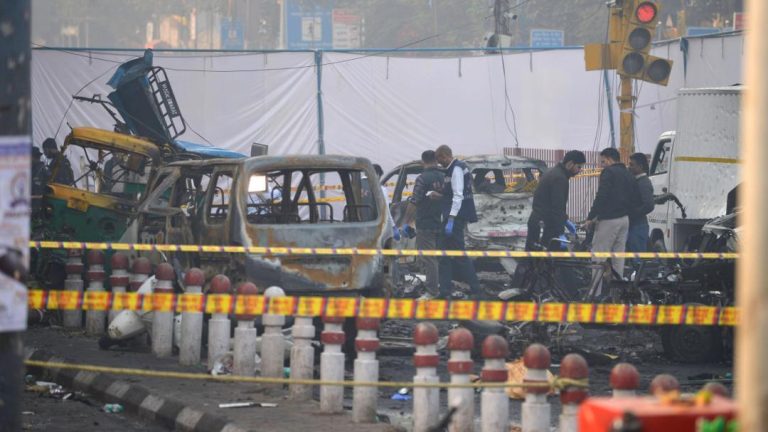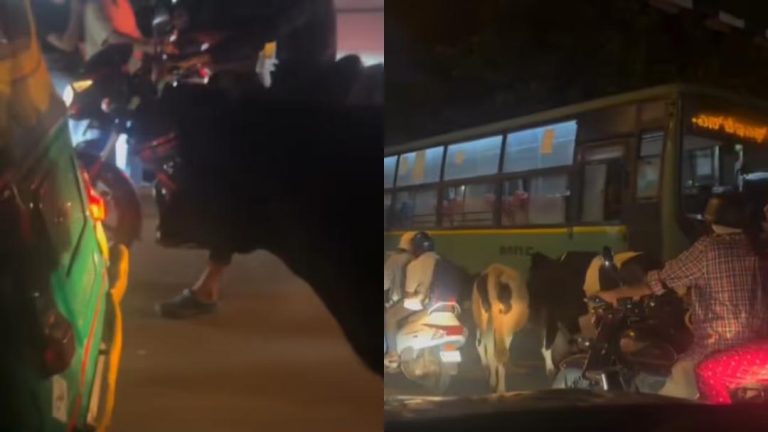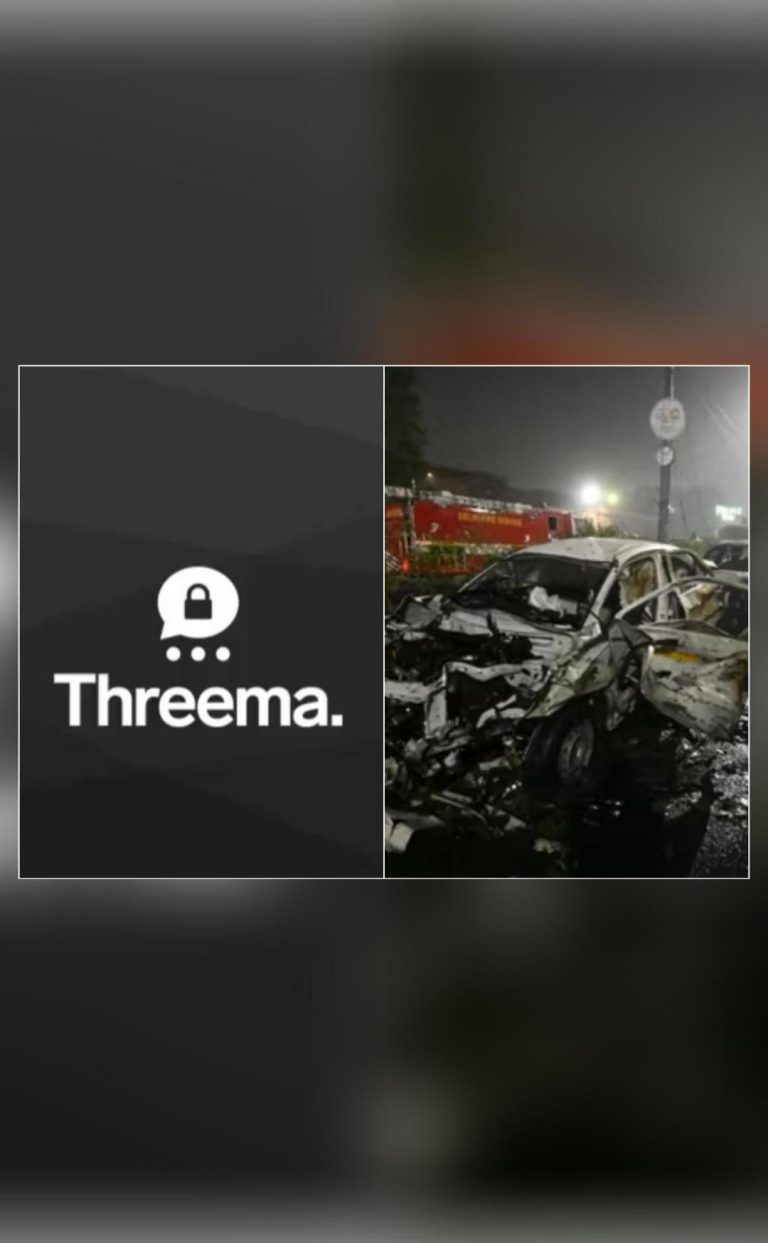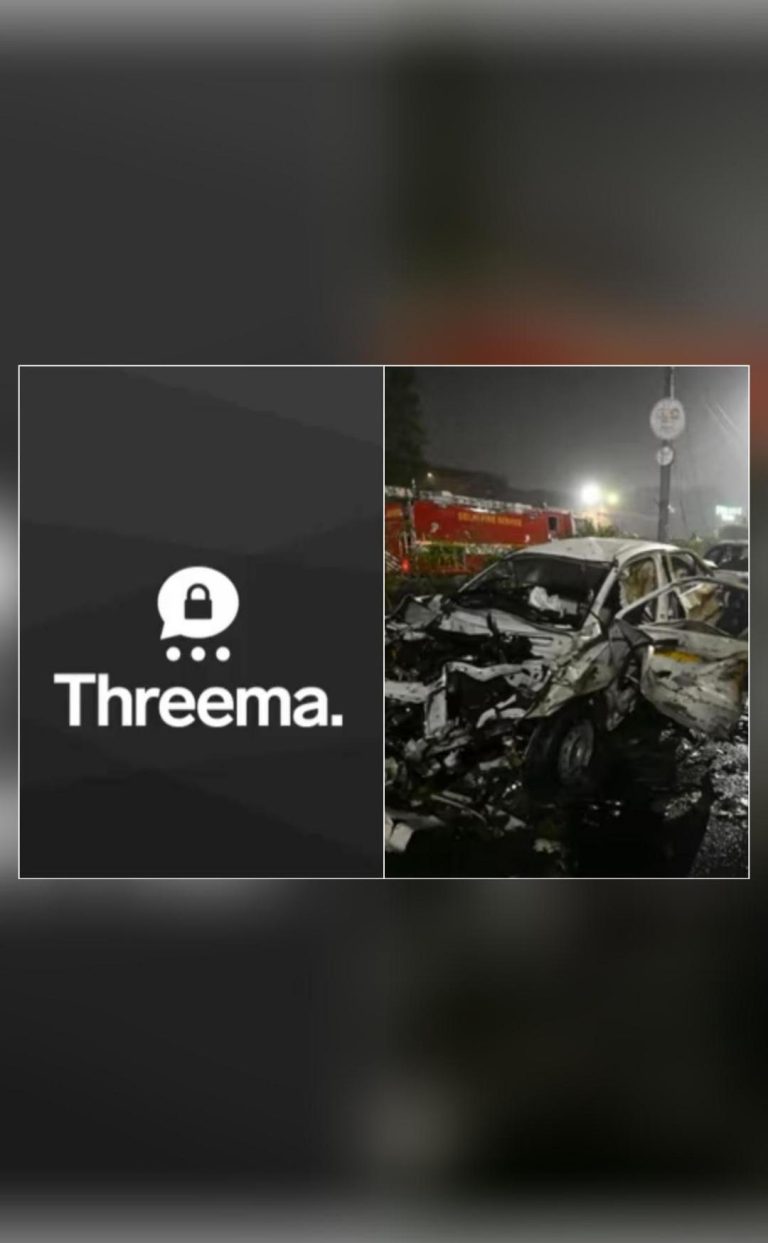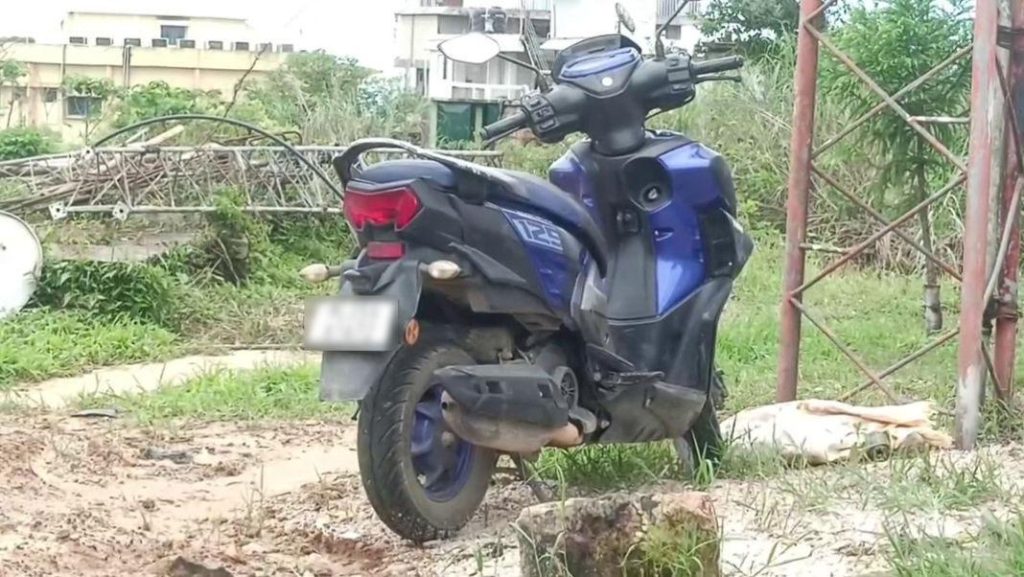
Meghalaya Bans Illegal Vehicle Rentals After Sohra Incident
The recent murder of a 26-year-old woman in Sohra, Meghalaya, has sent shockwaves across the state, leading to a swift response from the government to tackle the issue of illegal vehicle rentals. In a bid to ensure the safety and security of citizens, the state has banned the rental of private two- and four-wheelers by unauthorised persons. The enforcement of this ban is already underway, with violators facing fines, seizure, or even jail time under the Motor Vehicles Act.
The crackdown on illegal rental services comes in the wake of the Sohra incident, which has raised concerns about the lack of regulation in the state’s transportation sector. According to officials, no Rent-a-Bike or Cab policy exists in Meghalaya, leaving the door open for unauthorised operators to exploit the situation. The ban aims to plug this loophole and ensure that only licensed and registered vehicles are used for commercial purposes.
Under the ban, all unregistered services, including popular bike-taxi services like Rapido, are also prohibited from operating in the state. Checkpoints have been set up across the state to monitor compliance with the new rules, and violators will be dealt with sternly. The Motor Vehicles Act provides for penalties ranging from fines to imprisonment for those found guilty of violating the ban.
The Sohra incident has highlighted the need for stricter regulations in the state’s transportation sector. The 26-year-old woman was allegedly murdered by her driver, who was hired through an unauthorised bike-taxi service. The incident has sparked outrage and concern among citizens, who are demanding action from the government to ensure their safety.
The ban on illegal vehicle rentals is a significant step forward in addressing the concerns of citizens. It sends a strong message that the government is committed to ensuring the safety and security of its citizens, and that it will not tolerate illegal activities. The enforcement of the ban is crucial, however, and the government will need to ensure that it is effectively implemented to achieve its objectives.
The ban has also raised questions about the role of technology in regulating the transportation sector. The rise of bike-taxi services like Rapido has disrupted traditional taxi services, but it has also created new challenges for regulators. The ban on Rapido and other unregistered services highlights the need for a more effective regulatory framework that can keep pace with the changing nature of transportation.
The Meghalaya government has taken a proactive approach to addressing the issue of illegal vehicle rentals. The ban is a clear sign that the government is committed to ensuring the safety and security of its citizens, and that it will not tolerate illegal activities. The enforcement of the ban is crucial, however, and the government will need to ensure that it is effectively implemented to achieve its objectives.
The ban on illegal vehicle rentals is a significant step forward in addressing the concerns of citizens. It sends a strong message that the government is committed to ensuring the safety and security of its citizens, and that it will not tolerate illegal activities. The enforcement of the ban is crucial, however, and the government will need to ensure that it is effectively implemented to achieve its objectives.
In conclusion, the Meghalaya government’s decision to ban illegal vehicle rentals is a significant step forward in addressing the concerns of citizens. The ban is a clear sign that the government is committed to ensuring the safety and security of its citizens, and that it will not tolerate illegal activities. The enforcement of the ban is crucial, however, and the government will need to ensure that it is effectively implemented to achieve its objectives.

